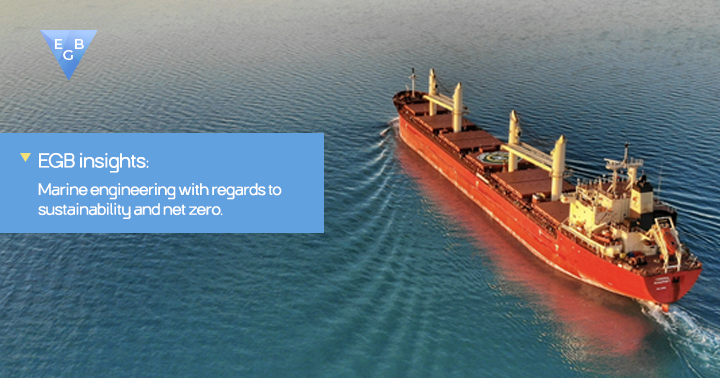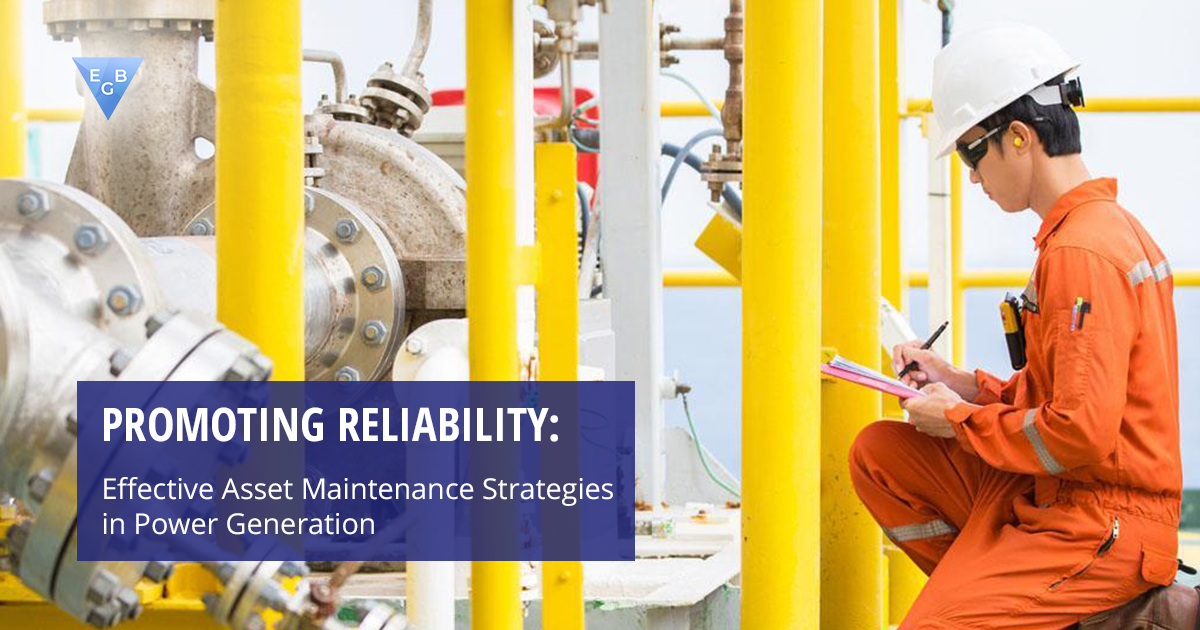
Sustainable Marine Engineering: Navigating Towards Net Zero
Marine engineering is a critical field that focuses on the design, development, operation, and maintenance of ships and other marine vessels. As the world is dealing with climate change, marine engineering is increasingly being viewed through the lens of sustainability and net zero emissions. This shift is driven by the need to reduce the environmental impact of maritime activities, which contribute significantly to global greenhouse gas (GHG) emissions.
The Role of Marine Engineering in Sustainability
Energy Efficiency: One of the primary focuses in sustainable marine engineering is improving the energy efficiency of ships. This involves designing hulls that reduce drag, optimising propulsion systems, and implementing advanced materials that decrease weight and increase durability.
Alternative Fuels: Transitioning from traditional fossil fuels to alternative, cleaner fuels is important. Marine engineers are exploring the use of liquefied natural gas (LNG), hydrogen, biofuels, and ammonia. These alternatives have the potential to cut down CO2 emissions significantly.
Renewable Energy Integration: Integrating renewable energy sources, such as wind, solar, and wave energy, into marine vessels can further reduce reliance on fossil fuels. Innovations like wind-assisted propulsion systems and solar panels on ship decks are becoming more prevalent.
Emission Reduction Technologies: Technologies like exhaust gas cleaning systems (scrubbers), selective catalytic reduction (SCR), and carbon capture and storage (CCS) are being developed and implemented to reduce emissions from ships. These technologies help in meeting stringent international regulations.
Net Zero Emissions in Marine Engineering
Achieving net zero emissions in the maritime industry involves a holistic approach that combines technology, policy, and operational strategies:
Decarbonisation Pathways: Developing pathways for decarbonisation is essential. This includes setting targets for emission reductions, developing low-carbon shipping routes, and implementing measures that encourage the adoption of green technologies.
Regulations and Standards: International regulations, such as those set by the International Maritime Organisation (IMO), are driving the push towards net zero emissions. These include the IMO 2020 sulfur cap and the IMO’s Initial GHG Strategy aiming for a 50% reduction in GHG emissions by 2050.
Green Ship Design: Designing ships with sustainability in mind from the outset is becoming a standard practice. This involves lifecycle assessments to ensure that ships are designed, built, operated, and disposed of in an environmentally friendly manner.
Digitalisation and Smart Technologies: The use of digital tools and smart technologies can optimise vessel operations, leading to significant fuel savings and emission reductions. This includes the use of advanced analytics, IoT, and AI for route optimisation, predictive maintenance, and real-time monitoring.
Challenges and Future Directions
While there are significant advancements in sustainable marine engineering, several challenges remain:
Economic Viability: The initial costs of implementing green technologies can be high, and there is a need for economic incentives to encourage adoption.
Technological Development: Continued research and development are necessary to overcome technical barriers and improve the efficiency and reliability of sustainable technologies. Keywords: R&D in marine engineering, technological innovation, efficiency improvements.
Collaboration and Partnerships: Achieving net zero emissions requires collaboration across the maritime value chain, including shipbuilders, operators, fuel suppliers, and regulators
Policy Support: Strong policy frameworks and international cooperation are essential to drive the transition towards sustainability. This includes subsidies, tax incentives, and stringent regulations that promote green shipping practices.
DeMAPPT:
Domestic shipping contributes approximately 5-7% of UK and 3% of global emissions, with no long-term decarbonisation plan. In response, EGB Engineering has developed DeMAPPT (Decarbonisation of Maritime using Advanced Power and Propulsion Technologies) to explore feasible solutions for maritime decarbonisation.
DeMAPPT investigates a range of technologies including hydrogen propulsion, fuel cells, novel engine cycles, and electrical propulsion. By providing unbiased analysis, DeMAPPT identifies cost-effective emission reduction strategies. It models and simulates decarbonisation solutions, enhancing decision-making for ship operators, and determines the most economically advantageous low-carbon technologies for deployment.
EGB Engineering leverages extensive marine engineering experience, combining technical excellence with industry insight to deliver tailored solutions that exceed client expectations. Through DeMAPPT, EGB Engineering contributes to the global effort of navigating towards net zero emissions. Their innovative solutions, unmatched industry experience, and customised approach reflect a strong commitment to sustainability, ensuring superior results and high client satisfaction.




